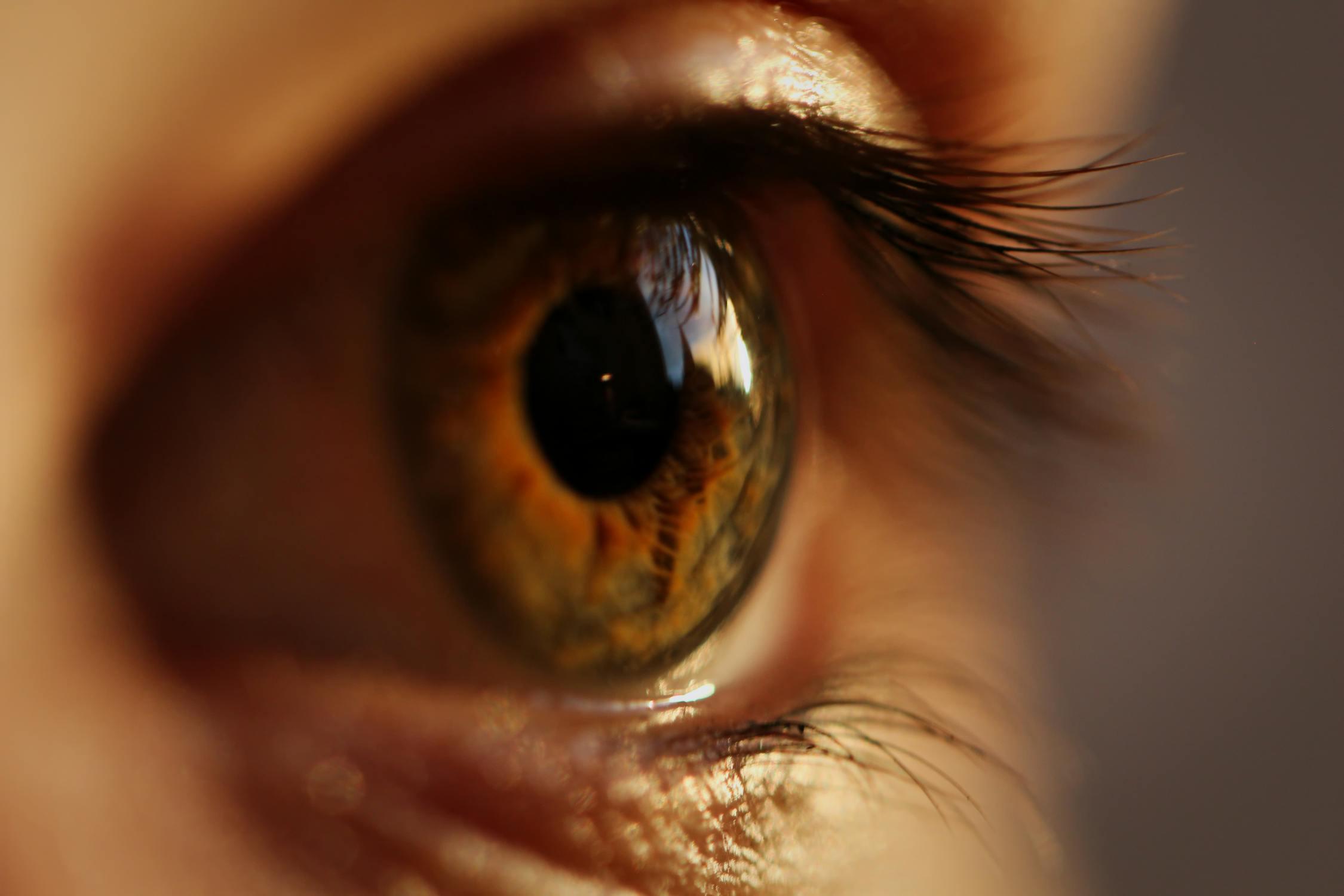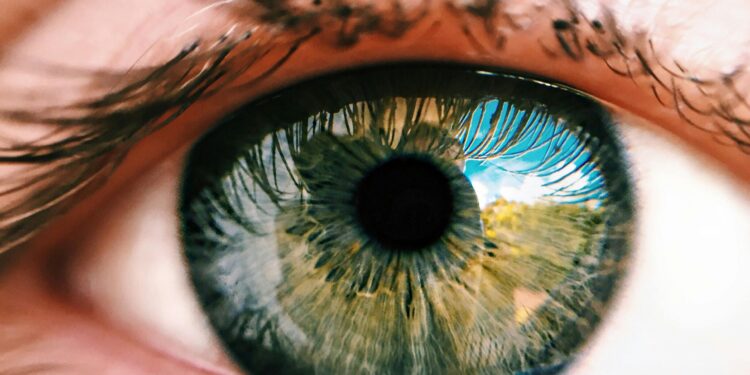Vision problems come with different symptoms. Many people think vision problems always mean that the pictures are blurry or you’d have foggy sight. But with a condition like macular degeneration, it’s a little different. Instead of making everything blurry, macular degeneration messes with the center of your vision, which makes it very hard for you to read, recognize faces, or even see small details.
With a condition like this, many people think that once it starts, there’s nothing that can be done about it. But the truth is, even though there’s no complete cure for this condition, there are treatments that can help slow down the degeneration and make it easier to live with.

Diagnosing Macular Degeneration
First, the doctor puts special eye drops in your eyes to make the pupils bigger. This helps them to see the back of your eyes more clearly, especially the retina and the macula. Then they proceed to check for any problems. This process is called the dilated eye exam.
The second test is the Amsler grid test, which is a pretty simple test. All you need to do is look at a grid of straight lines, and if any of them look wavy or blurry, it could be a sign of macular degeneration. It tells the doctor to check if your central vision is affected.
Lastly, the doctor conducts the optical coherence tomography test, OCT. This test is used to take a detailed picture of your retina. It shows if the macula is thinning or if there is any damage happening.
Treating Macular Degeneration
As mentioned earlier, macular degeneration doesn’t have a cure, but there are treatments that can help slow down the process and make it easier to live with it.
Lifestyle Changes: Lifestyle changes for macular degeneration include a range of changes like dietary, maintaining a healthy weight, and quitting smoking, if you do smoke. Eating healthy foods like spinach, kale, and fish can help to protect the eyes from getting worse.
Also, if you smoke, stopping can help slow down the damage because smoking is bad for the eyes. Being at a good weight can also help lower your chances of developing other health problems like high blood pressure, which can reduce blood flow to the macula, making degeneration worse.
Medical Treatments: Medications like anti-VEGF injections are given in your eye to stop bad blood vessels from growing under your retina. It helps stop vision loss and makes and improves your vision a little. Sometimes doctors use lasers to destroy the abnormal blood vessels under your retina, which stops them from leaking fluids and causing more damage.
Vision Helps: If your vision is seriously affected, the doctor might recommend special tools like magnifying glasses, large print textbooks, or even devices that read text out loud for you. Some people go through exercises to help them use their remaining vision better. It trains your brain to make the most of the sights that you already have.
Conclusion
If there’s no cure for macular degeneration, how then do you stop it from happening? Honestly, we can’t totally prevent it, but doing things like eating the right foods, quitting smoking, staying at a healthy weight, and protecting your eyes from the sun, can all lower your chances or slow down the degeneration of the macula.

















